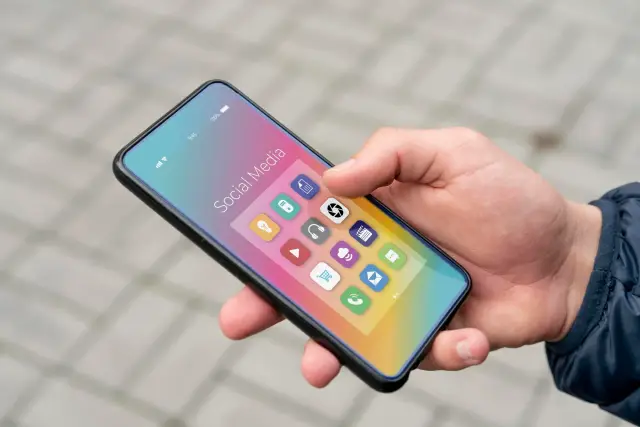Forging a new path: Apple allows Twitter application to undergo a rebranding to 'X'
Twitter’s recent rebranding to 'X' has gathered significant attention, particularly due to Apple’s exceptional allowance of a one-letter app name on its App Store. This raises intriguing questions about Apple's moderation rules and the potential impact on the tech industry.

In a recent move that's left many tech enthusiasts intrigued and pleased, leading social media platform Twitter has been granted permission by Apple to undergo a surprising and significant rebranding process. This includes a name change in the App Store from 'Twitter' to simply 'X' - a single-letter naming convention usually not permitted by the tech giant.
Well-known for its stringent moderation rules, Apple usually does not allow developers to name their apps with a single character. However, in this instance, the widely-used microblogging platform was exempted from the stipulated criteria. This has sparked curiosity across the industry about the reasoning behind the exception made for X Corp., the Elon Musk-owned company formally known as Twitter.
Prior to obtaining the name change approval, Twitter made a series of adjustments to its social accounts and the app's branding interface. It also rebranded its iOS and Android applications, switching away from the familiar bird logo and replacing App Store screenshots with those showcasing the refreshing 'X' logo. However, it was initially unable to modify its listed app name on the App Store due to Apple's app name restrictions.
The difficulty surrounding the app name change arose from Apple's App Store Connect, an interface designed to allow developers to manage their apps. Interestingly, the portal displayed an error when the developers attempted to set the app name as a single character.
Yet, Twitter managed to overcome this hurdle when Apple eventually provided a green light to the name change. This unexpected move by Apple has ignited fresh debates about app naming conventions and the tech giant's policy exceptions.
Twitter's name change also brought along a shift in the app's tagline—from a casual 'Let’s talk,' it's been transformed to the ambitious and sparking 'Blaze your glory!'. Furthermore, Twitter's rebranding on Android did not face any resistance, and the name change was synchronized with the logo change.
While it remains to be seen whether Apple’s exceptional permission signals a change in its strict app naming rules, the incident serves to underline the ever-fluid dynamics of the tech industry. New developments like these will undoubtedly catch the attention of platforms like AppMaster, known for its powerful, no-code platform for creating web and mobile applications.
This development throws some light on the new ways in which platforms, such as AppMaster, could potentially navigate app naming and branding in their journey to deliver functional and innovative solutions for their users.





